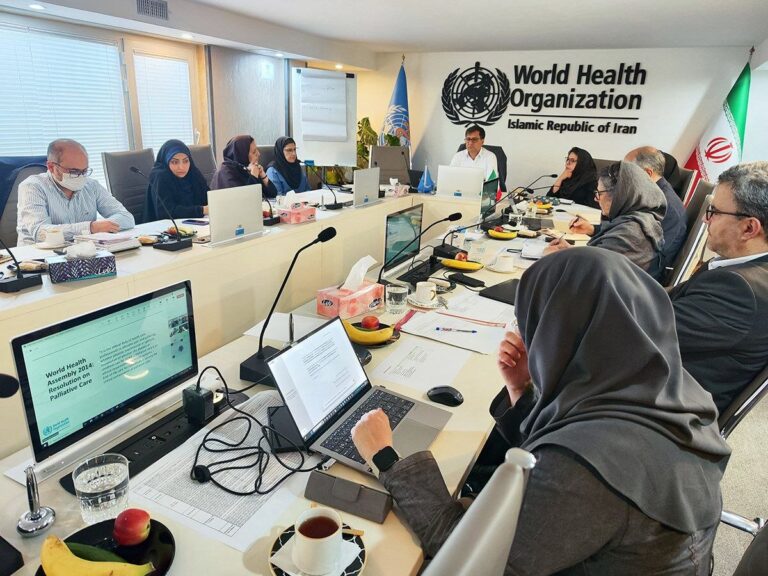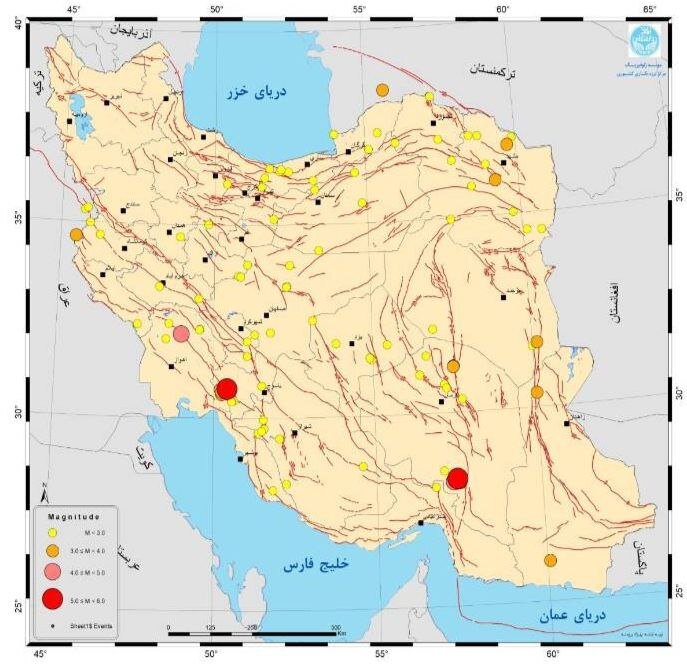
Similar Posts

Iranian Innovators Unveil Cutting-Edge Nanocoatings for Cars and Buildings
An Iranian knowledge-based company has developed advanced nanocoatings that repel water, dirt, and pollutants, significantly reducing the need for frequent cleaning of cars and buildings. These coatings enhance product lifespan by preventing damage and stains while also being cost-effective compared to foreign alternatives. Key benefits include water conservation through reduced washing, microscopic cleaning efficiency, and versatility across various surfaces and industries. Environmentally friendly, these solutions align with global sustainability efforts. This innovation showcases Iranian expertise in nanotechnology and positions the company competitively in the global market for protective coatings, promising further advancements in the field.

Ministry of Energy and UNICEF Join Forces to Enhance Water Supply in South Khorasan
The collaboration between the Ministry of Energy and UNICEF has significantly improved water quality and accessibility in eastern Birjand’s villages, South Khorasan. Completed in December 2024, the project rehabilitated the water network, benefitting 1,729 individuals by reducing water-related incidents and maintenance costs. Following severe floods in Sistan-Baluchestan, UNICEF initiated a comprehensive program with the Ministry of Health and Energy to enhance access to safe water, distributing water disinfection devices and testing equipment. This initiative aims to reduce waterborne illnesses and improve community resilience. UNICEF also provided hygiene kits and water tankers to support flood-affected families.
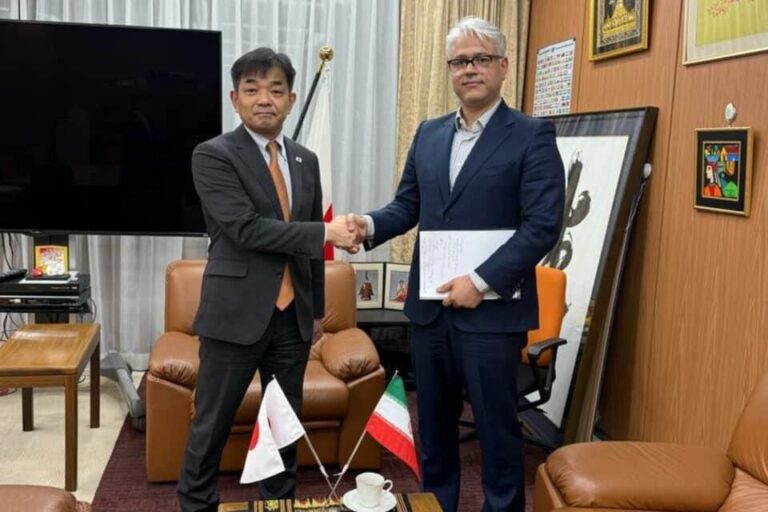
Iran and Japan Forge Stronger Technological Partnership for Future Innovations
Iranian and Japanese officials have underscored the need to enhance technological cooperation, focusing on artificial intelligence, the digital economy, and sustainable infrastructure. During a meeting in Tokyo, Deputy Minister Ehsan Chitsaz and Vice-Minister Imagwa Takuo discussed initiatives to strengthen their digital partnership, including the establishment of an Iran-Japan Digital Innovation Center, joint university courses, and policy development for emerging technologies. Japan is committed to supporting Iran’s digital transformation through cooperative projects. A joint executive working group will monitor progress and facilitate ongoing dialogue, emphasizing both nations’ shared vision for technological advancement and economic growth.
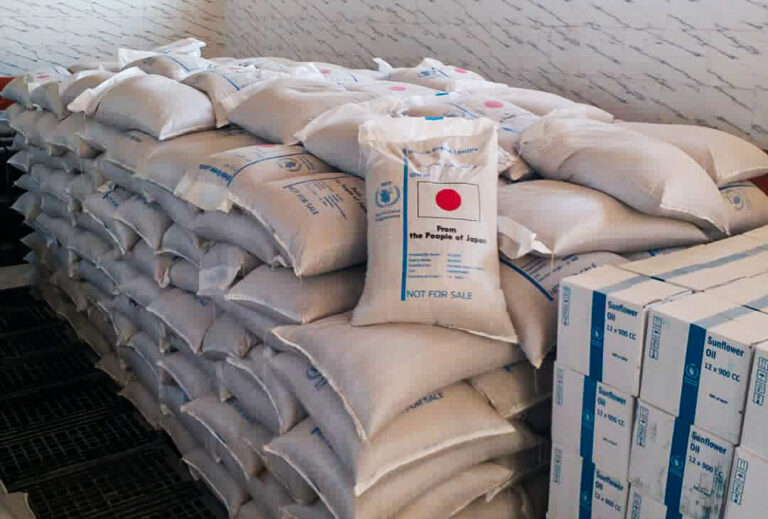
Japan Boosts Humanitarian Efforts: Aid to WFP Enhances Refugee Support in Iran
Japan has pledged $360,000 to the United Nations World Food Program (WFP) to support vulnerable refugees in Iran, primarily for acquiring essential wheat flour. This contribution will help address the nutritional needs of approximately 33,000 Afghan and Iraqi refugees across 20 settlements, promoting food security and stability. Japan’s support reflects its long-standing commitment to assisting Afghan refugees in Iran, where around 3.8 million displaced individuals reside. The collaboration emphasizes the importance of humanitarian aid in providing food, education, and healthcare, while fostering a supportive environment for refugees facing numerous challenges.
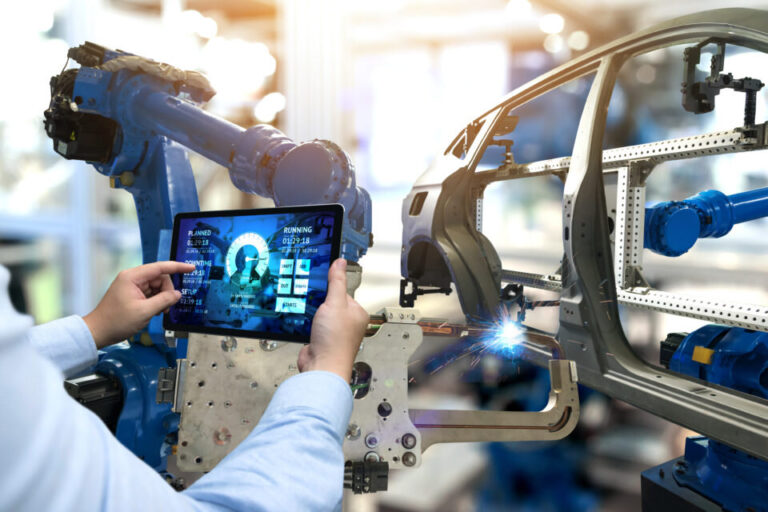
Revolutionizing Careers: How AI is Shaping the Future of Work
The future of work is being transformed by artificial intelligence (AI), which enhances productivity and creativity rather than replacing jobs. AI tools like ChatGPT and Copilot allow professionals to focus on strategic thinking, driving a shift towards hybrid roles that combine technical and creative skills. Workers who adapt and commit to lifelong learning will thrive, as AI lacks essential human qualities like judgment and empathy. Careers in fields requiring interpersonal connections will remain vital. Ultimately, AI is reshaping roles, emphasizing collaboration between humans and machines, presenting opportunities for innovation and growth in the professional landscape.
